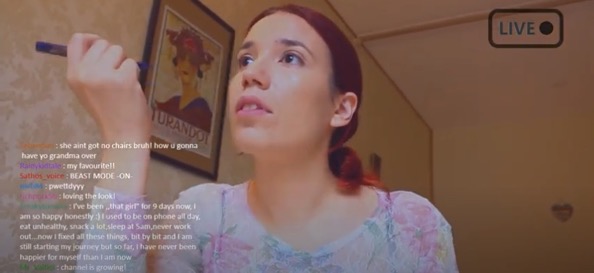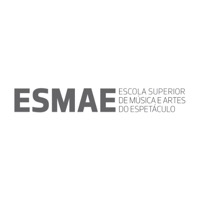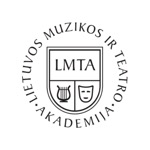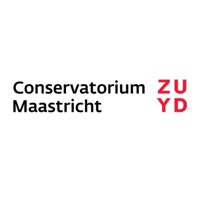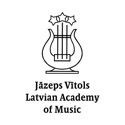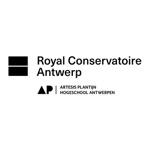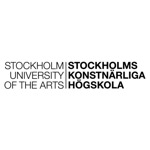Innovative approaches to opera making: policy recommendations for opera training.
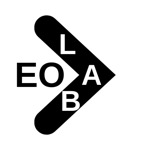
In this EOALAB workgroup, educators and students from three Higher Education Institutes worked intensively together: the Escola Superior de Música e Artes do Espectáculo (Porto), the Lithuanian Academy of Music and Theatre (Vilnius) and the Conservatorium Maastricht ZUYD.
In a series of Intensive Study Programs - incorporating workshops, meetings, tryouts in practice, presentations and performances - and a wide range of discussions (both online and in the flesh), this diverse set of recommendations surfaced.
Opera education should play a leading role in the evolution of its art. At least, it should keep track of new - sometimes technology driven - evolutions in the workspace and prepare singers, composers and musicians for it. They are the future of opera staging and creation.
This longing to incorporate innovation should not exclusively be exported to a separate 'branch' of opera. It should not be set aside to a domain of contemporary creations with revolutionary new approaches. It should become an integral part of the diverse opera practice as it is.
As such, our recommendations are for all opera educators and all Higher Opera Education Institutes.
To re-think Opera Today rises a series of controversial issues and important new insights that should be taken in consideration in our desire to make professional opera nowadays and in the necessity of preparing young artists to the new artistic challenges of the new labor market emerging from the variety of the new fields opened by Contemporary Opera. In this sense, the concept of Opera appears, nowadays, as an ‘empty shell’ where a series of different ‘insights’ of - making opera today - may diverge and diversely emerge.
Recommendations by Bruno Pereira and António Salgado (ESMAE Porto)
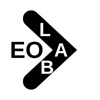
Recommendations to incorporate innovation in opera education
(the links will bring you to more elaborate, practical recommendations, discussion texts and illustrations of our research)* approach innovation as part of a long tradition of renewal within opera
* approach opera as a collaborative, multidisciplinary (or intermedial) art practice
* opera education should provide a safe space for experimentation, even within tradition
* opera education should be the incubator of future opera practices
Discussion texts
The building blocks for these recommendations have been achieved in the Intensive Study Programs, practical workshops, meetings and online discussions. All the partners involved summarised their views and insights in concise publications. They will be quoted on the next pages.The library of these publications can be found here.
Some inspiring artistic results
In a range of Intensive Study Programs (ISPs), educators and students experimented on new approaches toward an innovative opera practice. This resulted in some new opera creations (by student composers), a range of '3-minute-opera' starting from a traditional 'opera theme', testimonials from educators and participating students and a wide range of workshops. Some of the most striking results can be found here.
About the old and the new
In this online publication, we try - not always successfully - to avoid a polarising duality between the old and the new. In this duality, the old would stand for traditional, conservative, repertoire etc., and the new would be contemporary, new creations, innovative etc. In the vital and extremely diverse opera practice in Europe, this duality just does not exist as a split screen. The bulk of the opera houses produce a wide variety of stagings of repertoire, sometimes referring to a traditional approach, and sometimes wildly innovative and most of the times something in between. Quite a lot of even the biggest houses have yearly world creations of new opera's.In short, the art of opera is in reality a very fuzzy and diverse mixture of tradition and innovation. And that's exactly why it remains a vivid art. In practice, nobody gains in a non-existing fight between the old and the new. All operas are (re)created differently, applying a wide variety of techniques and artistic approaches. Most of them are performed in opera houses ranging from historic to hightech futuristic constructions, and everything in between. Some of them are performed in new spaces: outside on a lake, or inside industrial leftovers. New contemporary creations can involve dj's and rappers and electronic instruments and amplified voices, and some of them are written for baroque instruments. Some of them involve the active participation of the public, and some are in their concept barely distinguishable from a classic tradition of centuries ago.
It would be weird and quite counterproductive if education would hang on to a split screen approach towards the old and the new. Almost every future opera singer will have encounters with a wide range of practices ranging from the very old to the very new. Opera education should not try to protect future singers from the future. As todays practice proves, the future will embrace both tradition and innovation, often within the same house and even the same production. It is - frankly - part of the job.
In our working group involving opera educators and artists from the conservatories of Porto (Portugal), Vilnius (Lithuania) and Maastricht (the Netherlands), we had - in the margin of our Intensive Study Programs - long and sometimes heated discussions about the old and the new. We all strived for the incorporation of 'the New' in education. And we discovered big geographic differences in how 'mainstream' opera was perceived. In the end, this working group tried to construct an educational path to incorporate 'the new' in the education of an opera practice with a huge tradition.
Our recommendations try to stimulate the evolution of opera in all its diversity, through education.
